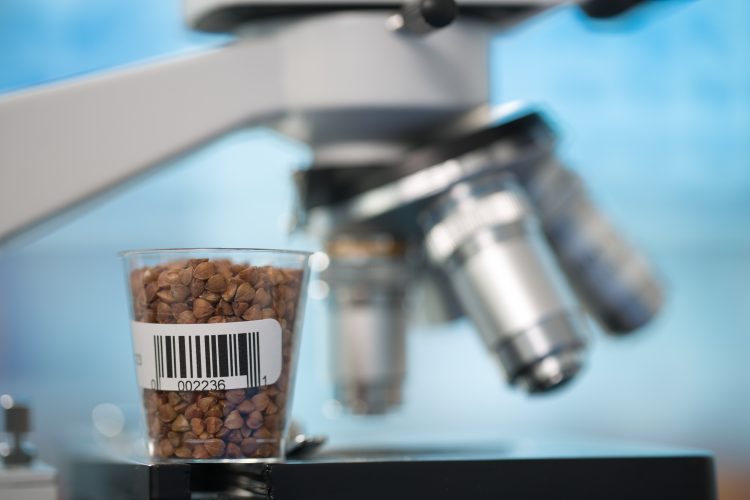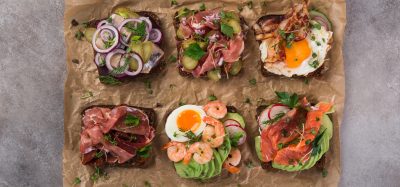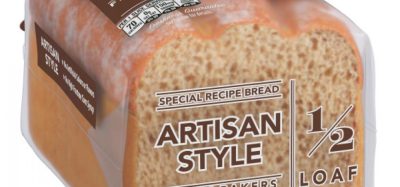Experts in validation of alternative methods
- Like
- Digg
- Del
- Tumblr
- VKontakte
- Buffer
- Love This
- Odnoklassniki
- Meneame
- Blogger
- Amazon
- Yahoo Mail
- Gmail
- AOL
- Newsvine
- HackerNews
- Evernote
- MySpace
- Mail.ru
- Viadeo
- Line
- Comments
- Yummly
- SMS
- Viber
- Telegram
- Subscribe
- Skype
- Facebook Messenger
- Kakao
- LiveJournal
- Yammer
- Edgar
- Fintel
- Mix
- Instapaper
- Copy Link
Posted: 18 February 2020 | Benjamin Diep | No comments yet
Nestlé research scientist, Benjamin Diep, is a technical reviewer for MicroVal. Here, he explains why the organisation is an innovative and essential partner in food safety.


Today, faced with new consumption trends, the globalisation of food supply and emerging pathogens, regulatory authorities and food business operators (FBOs) are required to put more effort into food safety to better protect consumers.
Microbiological testing is performed by FBOs to verify processes and procedures for the management of microbiological food safety. Within the current economic context, there is a growing demand from FBOs to have fast, accurate and cost-effective methods to meet their specifications and react quickly to food safety issues.
The increasing emergence of innovative technologies provide new solutions to FBOs. A new generation of alternative methods are more rapid, can identify multiple targets, are easier to use, can be semi or fully automated, and are highly sensitive. However, their utilisation is accepted only if they have been successfully validated against the reference methods (EC 2073/2005) based on the ISO 16140 series of validation protocols.
The success of the ISO 16140 standard series is demonstrated by the large number of validated alternative methods in the past decade. However, there are certain scenarios where this standard is not suitable. For example, validation of non-culturable microorganism methods (eg, Norovirus methods) or validation of semi-quantitative methods would require a careful adaptation of ISO 16140. Another case is the validation of methods for the detection of Shiga toxin-producing E. coli (STEC). There is currently no international consensus on the definition of STEC. Some organisations consider the presence of shiga toxins genes only, while others consider the combination of shiga toxins genes, the attaching/effacing phenotypes and specific serotypes.
MicroVal is an international organisation for the validation of alternative methods in food, beverage and water microbiology. The general and technical committees of MicroVal include experts from food safety authorities, food testing laboratories, food industry and method developers from Europe and North American countries. Many of these experts are part of the ISO 16140 working groups, with some leading the development of 16140-parts. They are also active in developing specific ISO methods: eg, ISO 6579-1 (Salmonella detection); standardising testing procedures, eg, ISO 20976 (challenge test); and in statistics (ISO/TC34/SC9/WG2). They are also involved in other international organisations such as AOAC INTERNATIONAL, International Life Sciences Institute, and International Association of Food Protection.
Benjamin Diep will be speaking at Food Integrity 2020 on the panel session ‘Improving the Reliability of Microbiological Testing to Make Food Safer‘. To find out more about the event, including a full agenda and list of speakers, click here.


The extensive expertise and comprehensive network of these experts is beneficial when it comes to validating methods that do not strictly fall inside the scope of the ISO 16140 series. In these instances, MicroVal can propose an appropriate protocol, including experimental design, sampling size, statistical analysis and interpretation.
MicroVal has successfully validated methods for somatic cell counts in raw cow’s milk and is the first organisation to validate confirmation methods (ISO 16140-6). Using the ISO 16140-2 qualitative protocol, a semi-quantitative alternative method was validated against a quantitative reference method with a threshold of 1/10 dilution, making the alternative method compliant to the specification of <10 CFU/mL. MicroVal can design an appropriate study to consider the various STEC definitions.
Currently, MicroVal is expanding its scope of validation to include water methods based on ISO 13843, and virus methods with an adaptation of ISO 16140-2.
About the author
Benjamin Diep has spent more than 20 years in the food industry focusing on food safety and quality. He is currently working as a scientist at Nestlé Research in Lausanne, Switzerland. His field of expertise comprises methods development and validation (cultural and molecular based methods) for food pathogens and hygiene indicators. He is involved or lead several Nestlé research projects.
He recently published a manuscript on the use of a microarray method and Whole Genome Sequencing data to predict Salmonella serovars (Frontiers in Microbiology) and on the validation of commercial sterility testing methods (food control). He also works with operation where he provides technical support to improve the laboratories competency.
He is a member of ISO 16140 WG and the co-project leader of the ISO 16140 part 3. He is also a technical reviewer for MicroVal.









